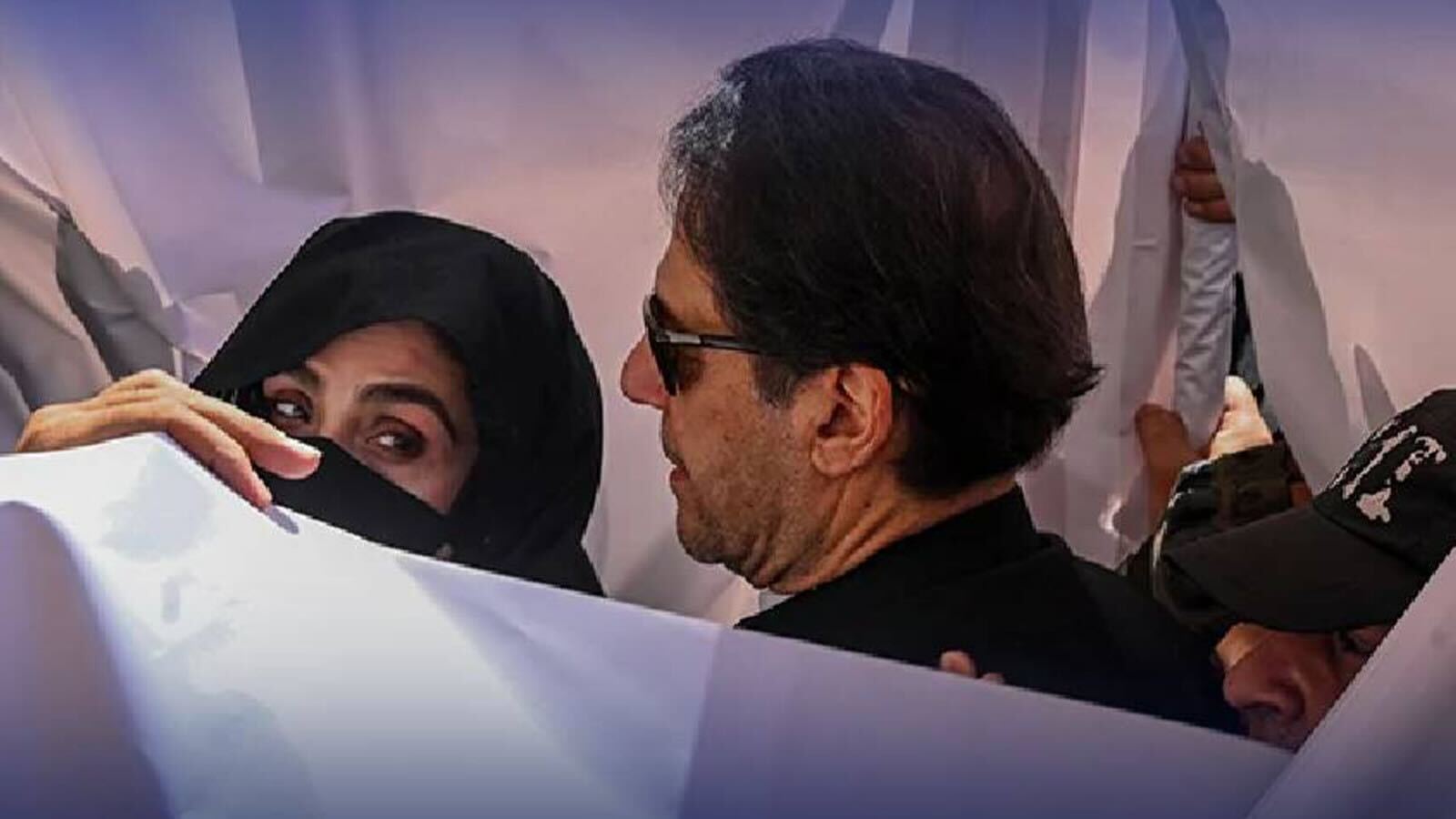Marriage Case During Iddat: Appeals against Suspension of Sentences of PTI Founder and Bushra Bibi Are Dismissed.


The PTI founder Imran Khan and his wife Bushra Bibi. Photo courtesy LafangoOn Monday, the appeals requesting the suspension of sentences for the so-called ‘marriage during iddat’ case against Pakistan Tehreek-e-Insaf (PTI) founder Imran Khan and his wife Bushra Bibi were denied, with lawyers hinting that the ruling could have some far-reaching consequences for both the regime and the country’s politics.
Background of the Case
The affair became news because Bushra Bibi, now married to Khan, was accused of getting married during her iddat period; after a woman’s husband dies or divorces her, she is restricted from remarrying under Islamic law in Pakistan for three months (iddat).
Court’s Decision
Having listened to both the defence and the prosecution’s request for the suspension of sentences, the court then rejected the respective appeals, explaining that evidence was presented to the court which indicated a violation of what is an indisputably unforgivable offence – ie, the period of iddat.
Legal Troubles for PTI Founder
This judgment is just the latest in the slew of legal proceedings that the PTI’s founder faces, which could ultimately derail his political career and personal reputation.
Status of Bushra Bibi
As the most prominent plaintiff in this case, the breaking of iddat regulations had a significant personal (and public) impact on Bushra Bibi. The imperative of observing iddat resulted in a complete transformation of this woman’s life – how she was perceived, the legal actions against her, and her state of mind, marriage and potential for divorce.
Implications for Pakistani Politics
While this decision has sparked wide-ranging debate in Pakistan on a number of issues, especially around the separation of the judicial system from religious and civil laws, and the legal accountability of individual politicians, it also raises significant questions regarding the future trajectory of the political party led by the PTI founder, as well as his position within the political landscape in Pakistan.
This case highlights the complications surrounding how public figures conduct their personal affairs, and the way Pakistan’s courts apply religious legislation.







